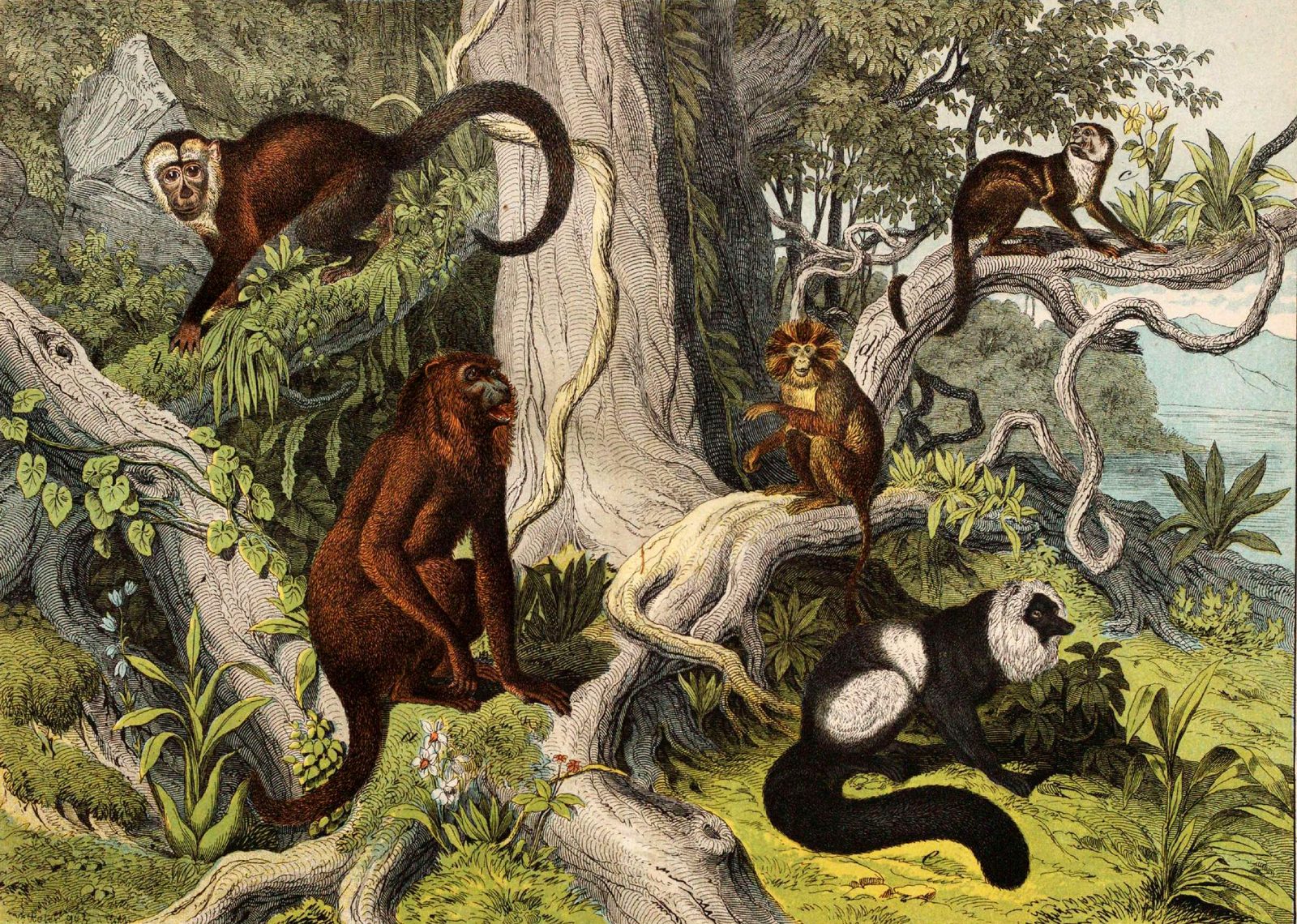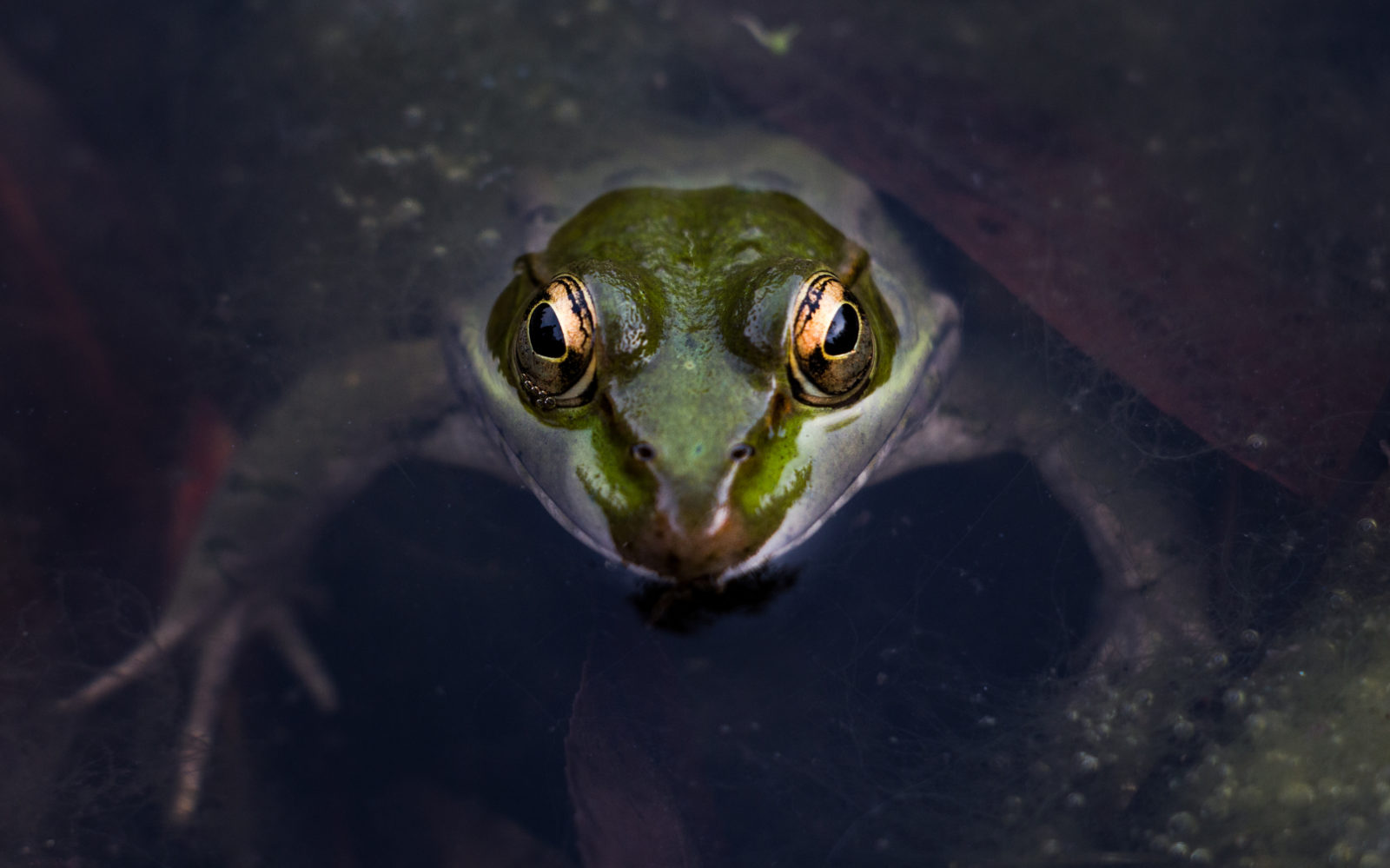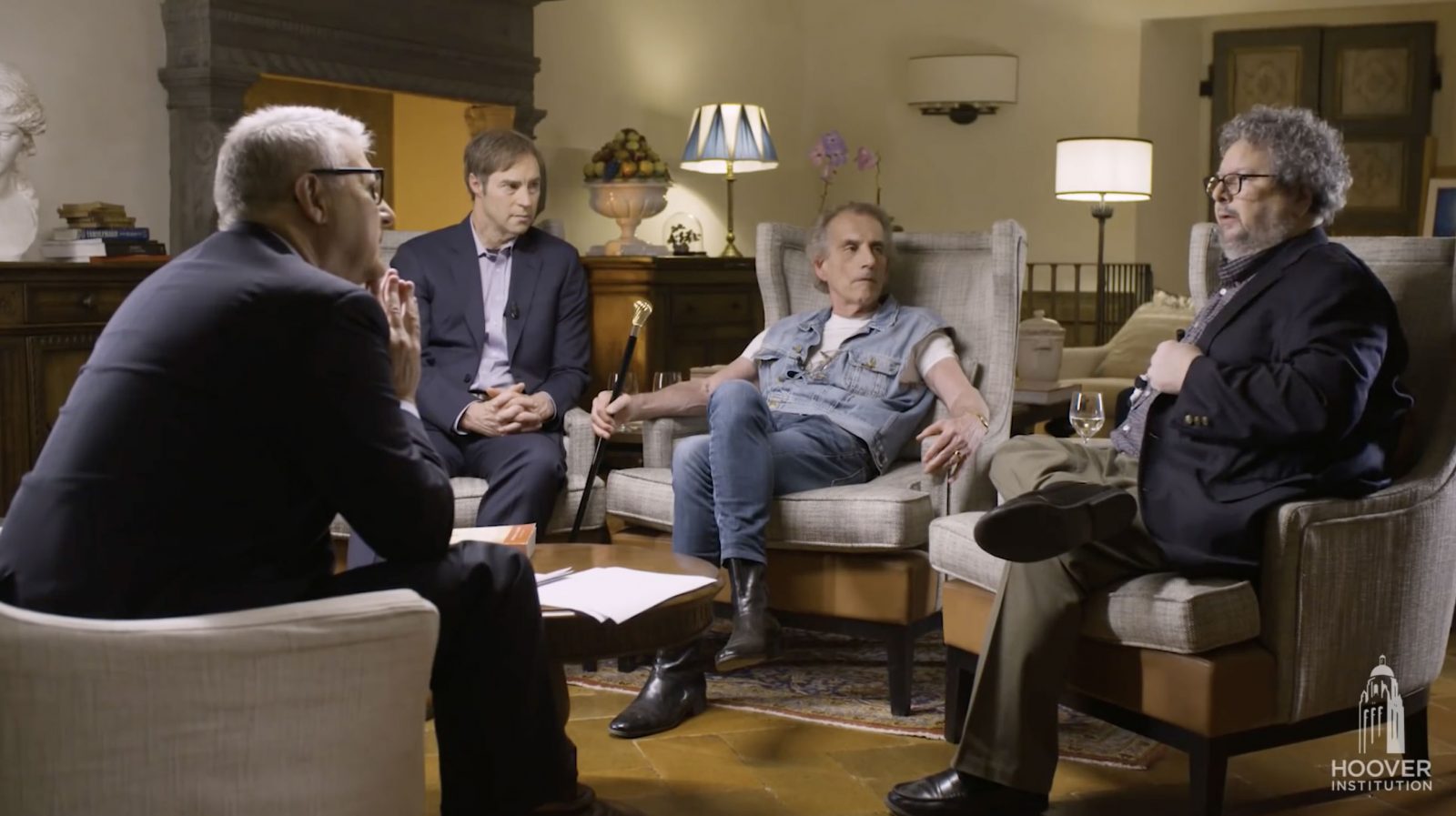


John West on Darwin’s Culturally Corrosive Idea, Pt. 1
On this episode of ID the Future, catch the first half of talk political scientist John West recently gave on how Darwinism has poisoned Western culture. In the lecture, delivered at the 2020 Dallas Conference on Science & Faith, West explores how Darwin’s purely materialistic theory of evolution drained meaning from nature, undercut the idea of inherent human dignity, and fueled the rise of scientific racism in the twentieth century.

Michael Behe on COVID-19, Chloroquine, Malaria and the Edge of Evolution
On this episode of ID the Future, biochemist Michael Behe and host Andrew McDiarmid discuss the anti-malarial drug chloroquine, now being investigated as a treatment for COVID-19, and how it may work on the cellular level against the coronavirus. The same drug was featured in Behe’s 2007 book The Edge of Evolution, as part of his demonstration that evolution has strict limits: It can do adaptive work for organisms with single mutations, but if just two coordinated mutations are required at once, evolution’s random processes have great difficulty even with natural selection helping them along. In cases where population sizes are enormous, as with malaria, it can eventually overcome the need for two simultaneous and coordinated mutations, but only just barely. Because the odds go up exponentially, three simultaneous coordinated mutations may be beyond the edge of evolution. What does all this bode for chloroquine and the coronavirus? Listen in as McDiarmid and Behe discuss.

Michael Flannery on the Unraveling of the Darwinian Paradigm
On this episode of ID the Future, host Mike Keas speaks with science historian Michael Flannery about Darwinism, Past, Present, and Future, in which Flannery wonders about an L.A. Times op-ed by Ann Reid, director of the pro-Darwinism lobby group The National Center for Science Education.
Read More ›
Ann Gauger on Emerging Clues to Life’s Design
On this episode of ID the Future, Andrew McDiarmid shares biologist Ann Gauger’s recent article on emerging clues to life’s design, and how the “Darwinian Regime” tends to ignore them. One stubborn bit of biological evidence Gauger highlights is the fact that cells can’t make life-essential ATP, NAD, and other metabolic co-factors without having ATP, NAD, and the other co-factors there first. It’s a “daisy chain of causal circularity woven by what must be an intelligent designer,” Gauger comments. Or as she also puts it, “It’s chickens and eggs, all the way down.”

David Gelernter, Stephen Meyer, David Berlinski Challenge Darwinism, Pt. 1
Dissent from Darwin List Tops 1000 — Scientists Weigh In
Did you know that a growing number of scientists doubt the Darwinian theory of evolution? This in spite of the fact that over the past two decades the scientific establishment has ramped up their support of modern Darwinism with increasing agitation. And ramped up the persecution of scientists who dissent from Darwinian evolution. Robert Crowther explores why some scientists are willing to risk their research and careers to voice their skepticism of the theory. Listen in, and be sure to visit dissentfromdarwin.com to learn more and meet some of the scientists on the list.